T4K3.news
Tiny whale ancestor reshapes whale history
A 25 million year old fossil found on an Australian beach reveals a new tiny whale relative that changes our view of early cetaceans.
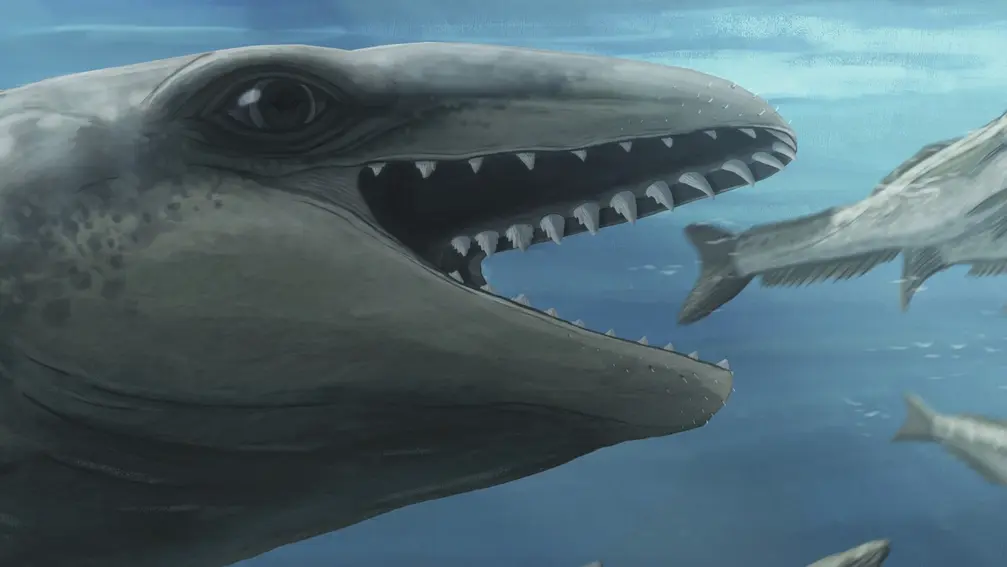
A 25 million year old fossil found on an Australian beach reveals Janjucetus dullardi, a tiny early whale that broadens our view of how whales began.
Tiny whale ancestor rewrites evolution story
Scientists in Australia and New Zealand describe a partial skull found on Jan Juc Beach in Victoria as a new species named Janjucetus dullardi. The specimen, dating to the Oligocene period, is one of the few mammalodontids identified in the region and adds a new piece to the whale family tree. The fossil shows sharp teeth and a snout that hints at a predatory past, well before modern baleen and toothed whales settled into recognizable lines of evolution. The discovery was credited to an amateur fossil hunter who uncovered the skull in 2019, underscoring how local beaches can yield important clues about deep time. While the remains are not complete, the skull and ear bones provide essential details that help place this animal in the early phase of whale evolution and its move toward today’s diverse cetaceans.
Key Takeaways
"It might have looked for all the world like some weird kind of mash up between a whale a seal and a Pokemon but they were very much their own thing"
Fitzgerald on the creature’s appearance
"Cetaceans represent a fairly miniscule population of all life"
Fitzgerald notes the rarity of cetacean fossils
"That has taken my concentration for six years"
Dullard on the wait to confirm the new species
"We have something special here"
Dullard reflecting on the discovery
The find reminds us that whale origins were a diversified experiment rather than a straight path to modern life. Janjucetus dullardi sits in a rare middle ground with features that point to both hunting instincts and a distant kinship to later whales. It highlights how much remains uncertain when a single fossil can unlock new questions about movement, diet, and habitat. The event also showcases the value of local fossil sites and citizen science, where everyday observers can contribute to major shifts in knowledge. In the wider climate context, studying ancient cetaceans helps researchers imagine how ocean life adapted to warmer waters and what that might mean for today’s species facing climate change.
Highlights
- Tiny teeth big questions for whale roots
- A beach find that reshapes the whale family tree
- Science runs on patience and luck
- The past keeps surprising the living
The past often meets the present in the quiet corners of the coast and invites us to keep digging.
Enjoyed this? Let your friends know!
Related News
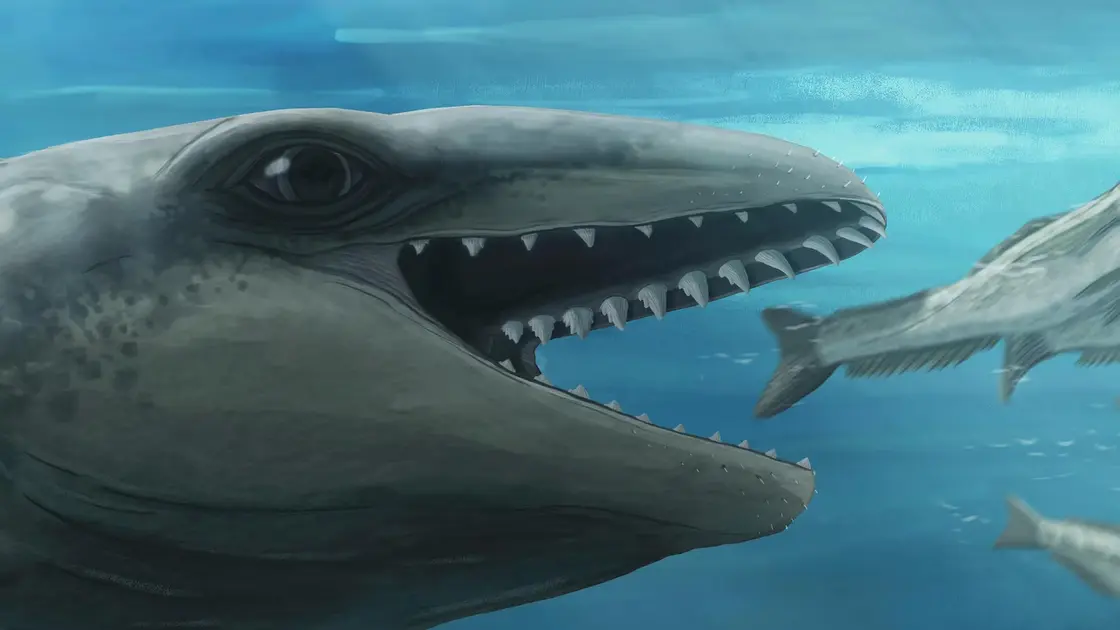
New early whale uncovered
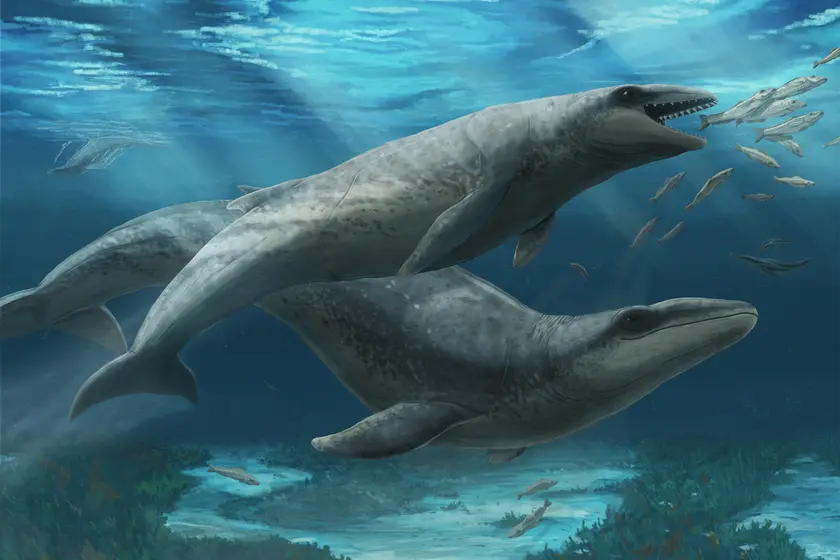
Ancient whale Janjucetus dullardi found off Victoria
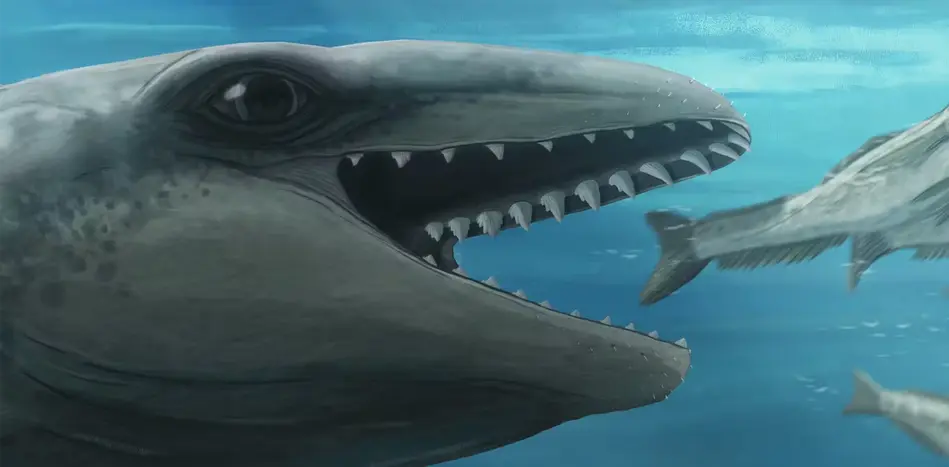
Tiny ancient whale discovery in Victoria
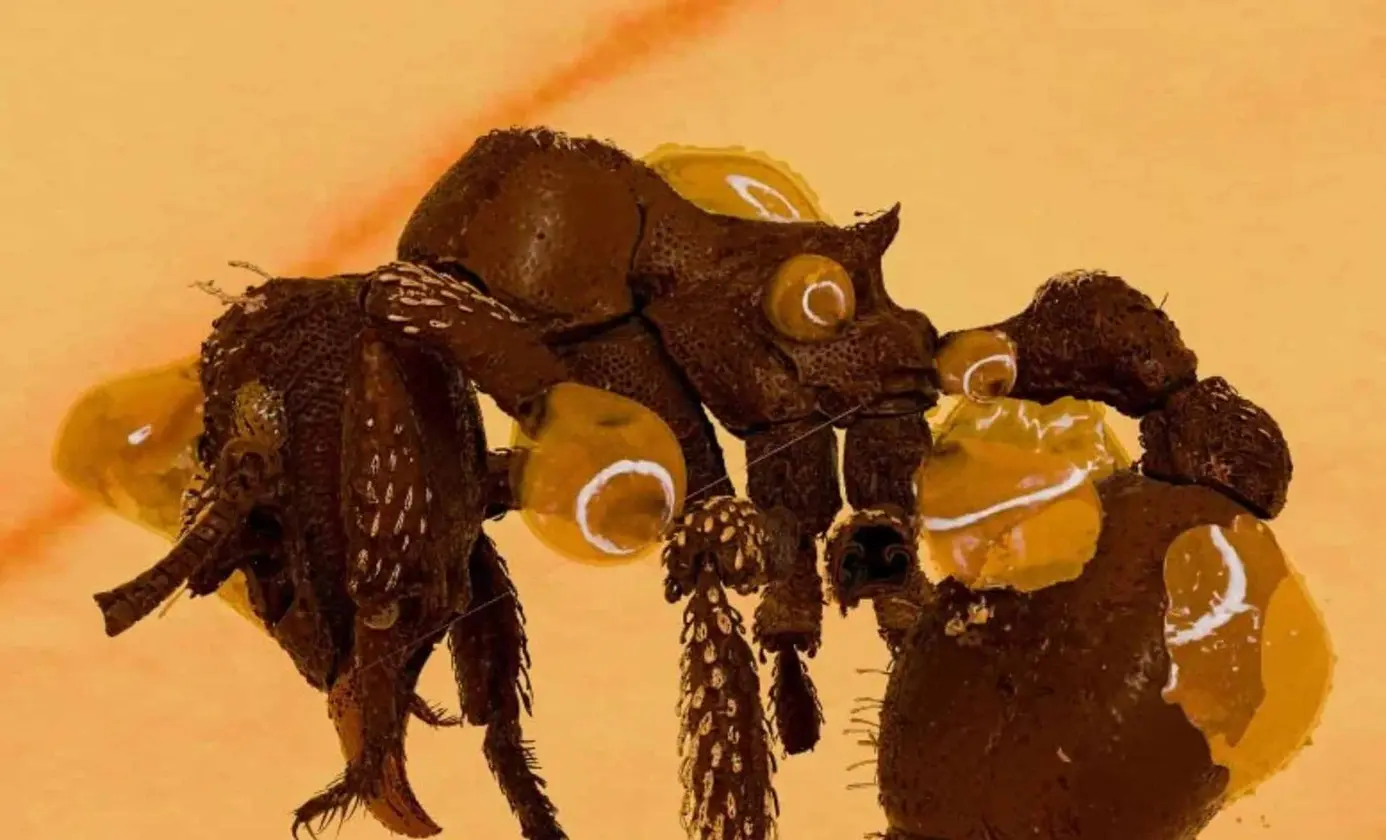
Rare Fossil Ant Discovery Changes Evolutionary Theory
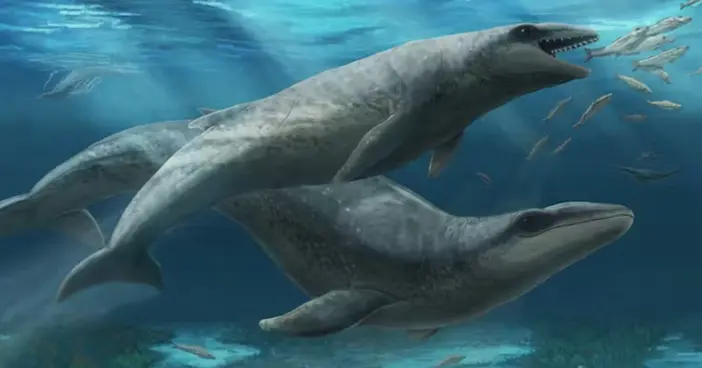
Ancient razor-toothed whale found in Victoria
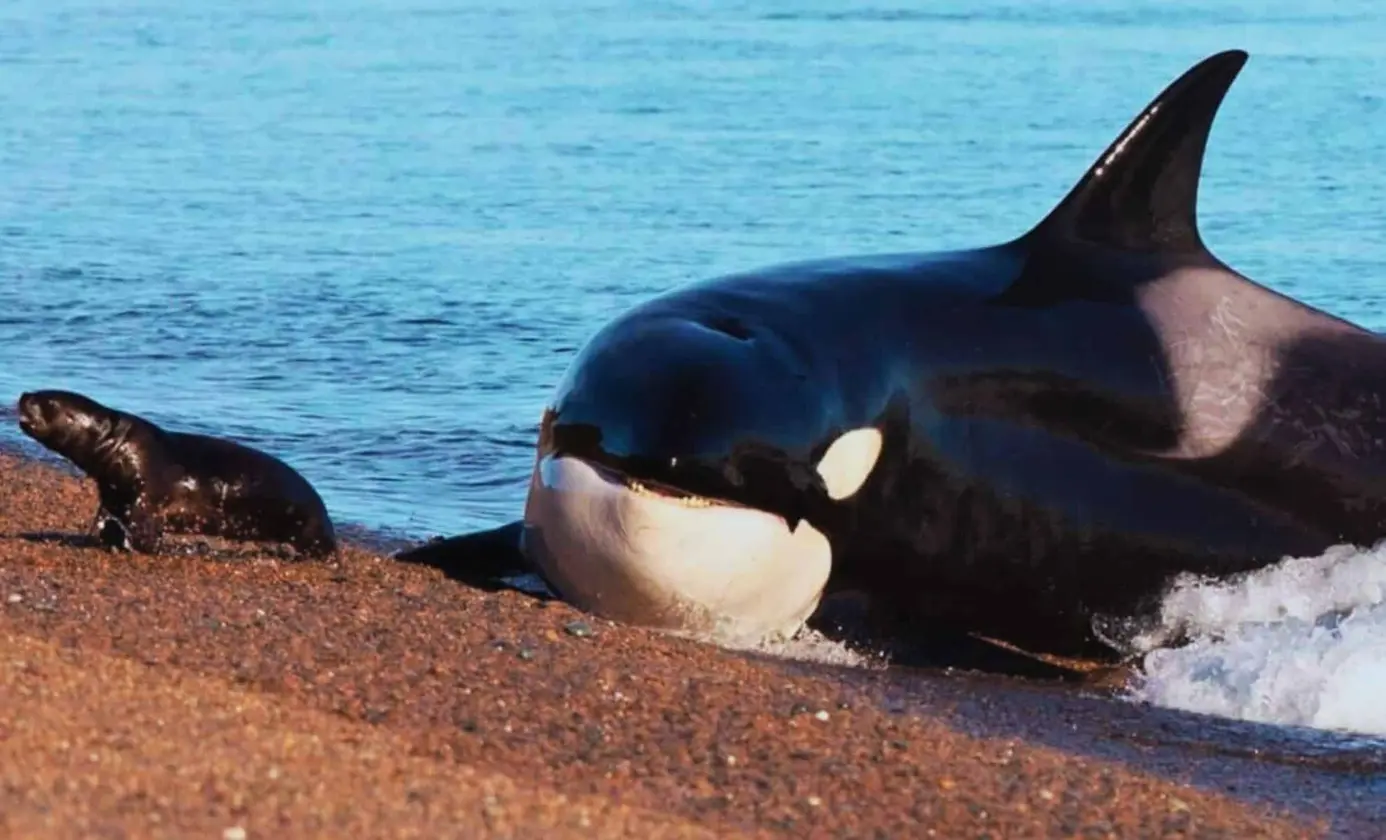
Dolphins and Killer Whales Reach Irreversible Ocean Lock

Potato origin traced to ancient hybridization
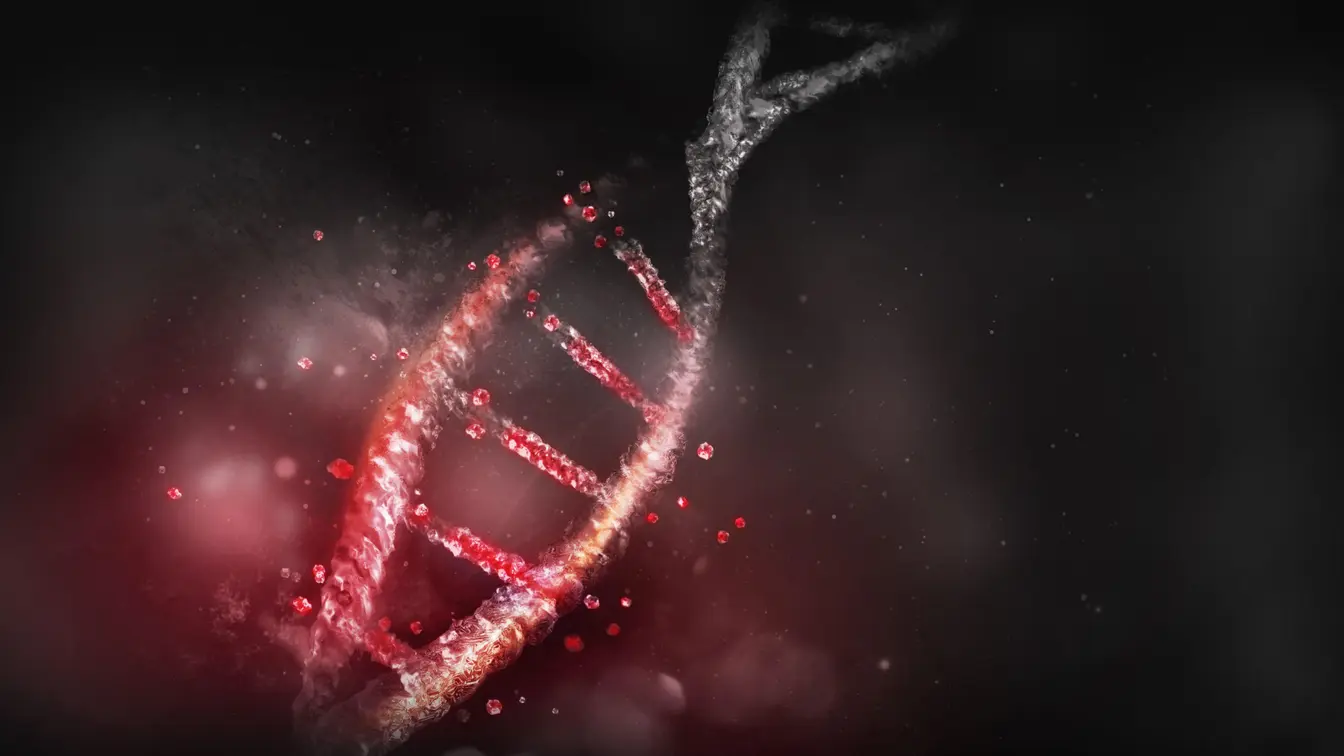
Proteins Extend the Human Evolution Narrative Beyond DNA
